School Health Office Resources
MO DHSS School Health Resources
- Emergency Guidelines for School Staff
- Missouri Keeping Infectious Disease out of Schools (MO KIDS) Infection Prevention and Control (IPC) Toolkit
- Missouri Manual for School Health Programs
- Show Me School Health (Just-in-time Resources: include protocols, videos and skills competency checklists)
SN CHAT – School Nurse Chronic Health Assessment Tool
- SN CHAT - School Nurse Chronic Health Assessment Tool
The revised School Nurse Chronic Health Assessment Tool (SN CHAT) helps school nurses gather information about students who have chronic health conditions. The tool provides guidance for interviews and care plan development. - Anaphylaxis – Life Threatening Allergies Fillable EAP
- Asthma Fillable EAP
- Hypoglycemia – Diabetes Fillable EAP
- Sickle Cell Disease – Pain (Vaso-occlusive) Crisis Fillable EAP
- Seizures Fillable EAP
- Fillable Emergency Action Plan Template (Part of SN CHAT)
Access to Care
- Find a Dentist in Your Area
- Medicaid Expansion Communications Resources
This link provides Medicaid information in 15 languages, information on Legal Services of Eastern Missouri, Health Literacy Media, flyers and more. - Missouri Primary Care Association (MPCA)
- MO HealthNet - MO Department of Health and Senior Services
- MPCA Community Health Centers (brochure)
- MPCA Community Health Centers (Member Locations)
- ParentLink
- ParentLink Brochure
- Show Me Coverage (Health Insurance Marketplace or Medicaid resources)
Allergies and Anaphylaxis
- Allergy Home (practical teaching tools)
- Auvi-Q
- Be a PAL Instructional Program (FARE)
The Be a PAL program helps children and teens learn how to Protect A Life by being a good friend to kids with food allergies. Parents, school staff, educators, and coaches can use these resources to present the program to students in grades K-12. - CDC Healthy Schools: Food Allergies
- Food Allergy and Anaphylaxis Network (online training and resources)
- Free EpiPen for Schools program
- Medical Statement for Student Requiring Meal Modification (DESE)
- Stock Epinephrine Toolkit for Schools (American Academy of Allergy & Immunology)
Annual Reports
- CD-31 Report (log-in screen)
- Child Care and Preschool Immunization Report
- Infographic templates for sharing your district data (under Special Healthcare Needs tab)
- Missouri State School Health Data (under Statewide Disease and Chronic Conditions tab)
- School Health Online Reporting (log-in screen)
- School Health Systems Online Reporting Instruction Manual
- Special Health Care Needs Survey Instructions
Asthma
- AAAAI Stock Albuterol Toolkit
- Allergy & Asthma Network: Allergies and Asthma at School
- Asthma in a Minute: A School Nurse Toolkit for Asthma Self-Management Education
- Asthma in a Minute: Checklist Chart
- Back to School with Asthma Toolkit for Schools
- How to use an inhaler with a spacer (Show Me School Health)
- How to use an inhaler without a spacer (Show Me School Health)
- Missouri Asthma Manual
- National Institutes of Health (NIH) Guidelines - Managing Asthma: A Guide for Schools
Concussions
- Emergency Action Planning Program for after-school practices and events
- HEADS UP Concussion Fact Sheet for Parents
- HEADS UP to Schools: School Nurses (includes Concussion Signs & Symptoms Checklist)
- HEADS UP to Youth Sports
- Missouri State High school Activities Association (MSHSAA) Concussion Packet
- MSHSAA Return to Play form
- MSHSAA Sports Medicine website
Data Collection
- Missouri Student Survey (MSS)
Missouri Department of Mental Health Reports and Statistics: The Missouri Student Survey (MSS) is conducted in even-numbered years to track risk behaviors of students in grades 6-12 attending public schools in Missouri. Participation in the survey is completely optional. The survey includes questions on alcohol, tobacco and drug use and other behaviors that endanger health and safety. - Data Privacy in School Nursing (The Network for Public Health Law)
- Missouri Kids Count
- SAMHSA 2022 National Survey on Drug Use and Health (NSDUH) Releases
Diabetes
- American Diabetes Association (ADA) Diabetes Care Tasks at School: Training Resources for School Staff
- Diabetes Toolkits for: School Nurse, Teachers & Personnel, Family, Section 504, and Health Provider (Colorado Kids with Diabetes)
- Diabetes and Your Eyes handout
- How to administer Basqimi (Show Me School Health)
- How to administer Glucagon (Show Me School Health)
- How to administer Gvoke (Show Me School Health)
- National Institutes of Health (NIH) Helping the Student with Diabetes Succeed
Insulin Pump and CGM Simulators
- Omnipod Simulator
- Dexcom Simulator
- Diabetes Simulator Tasks
This document is to be used with the above simulator links.
Education Tools
- Education tools for staff in after-school programs
- Health Education
- Managing Chronic Health Conditions in Schools: The Role of the School Nurse
The healthcare needs of students with a chronic health condition may be complex and continuous. The school nurse is often the only healthcare provider in a school for both emergencies and daily management of chronic health conditions. A full-time school nurse and dependable funding are essential to achieve high quality health services and to meet student health needs. - Research Brief - Addressing the Needs of Students with Chronic Health Conditions: Strategies for Schools
This brief describes strategies for school-based management of students' chronic health conditions, for example, seizure disorders/epilepsy, asthma, diabetes, poor oral health, and food allergies. - Research Brief: Chronic Health Conditions and Academic Achievement
This brief describes the relationship between certain chronic health conditions and academic achievement, based on a review of the scientific literature. These include seizure disorders/epilepsy, asthma, diabetes, poor oral health conditions, and food allergies as chronic health conditions that are commonly observed among school-aged youth. - School Health Resource Guide for Best Practices
Resources for Comprehensive School Mental Health, Employee Wellness, School Climate, and more. - Show-Me ECHO Registration
Emergency Preparedness and Response
- CDC Coping with a Disaster or Traumatic Event
- Child Care Emergency Preparedness
- Emergency Preparedness and Response Services: A to Z
- Emergency Preparedness Youth Activities
- Emergency Threats: What You Need to Know
- Health Alerts, Advisories and Updates
- MO DHSS Emergency Response and Terrorism
- Ready in 3
- Ready in 3 for Schools
- Ready.gov
Immunizations
- CD-31 Report (log-in screen)
- CDC Immunization Schedules
- Child Care and Preschool Immunization Report
- Epidemiology and Prevention of Vaccine-Preventable Diseases (The Pink Book, 14th Edition)
- Immunization Exemption - In progress form
- Immunization Exemption – Medical
- Immunization Exemption – Parental
- Immunization Exemption – Religious
- Immunization Exemption FAQ
- School Immunization Training (Spring 2023)
Make the Grade A+ Resources
Website Banners
Parents
- Know What it Takes to Make the Grade, 160 x 60
- You Can Make the Grade, 300 x 600
- Make the Grade, 320 x 50
- Make the Grade, 728 x 90
- You Can Make the Grade, 300 x 250
Teachers/Administrators
- Know What it Takes to Make the Grade, 160 x 60
- Help Them Make the Grade, 300 x 600
- Know What it Takes to Make the Grade, 320 x 50
- Know What it Takes to Make the Grade, 320 x 50
- Help Them Make the Grade, 728 x 90
- Help Them Make the Grade, 728 x 90
- Help Them Make the Grade, 300 x 250
- Help Them Make the Grade, 300 x 250
Posters
- Know What it Takes to Make the Grade, 8 x 10 [JPG] [PDF]
- Become Head of the Class in Handwashing, 8 x 10 [JPG] [PDF]
- Get an A+ in Sneezing, 8 x 10 [JPG] [PDF]
- Know What it Takes to Make the Grade, 11 x 14 [JPG] [PDF]
- Become Head of the Class in Handwashing, 11 x 14 [JPG] [PDF]
- Get an A+ in Sneezing, 11 x 14 [JPG] [PDF]
Digital and Social Media Images
| Type of Media | Post Copy | Graphic |
|---|---|---|
| Carousel 1 | How Can You Make the Grade Against Respiratory Illness? Know what to Look For
To learn more, visit Make the Grade A+ |
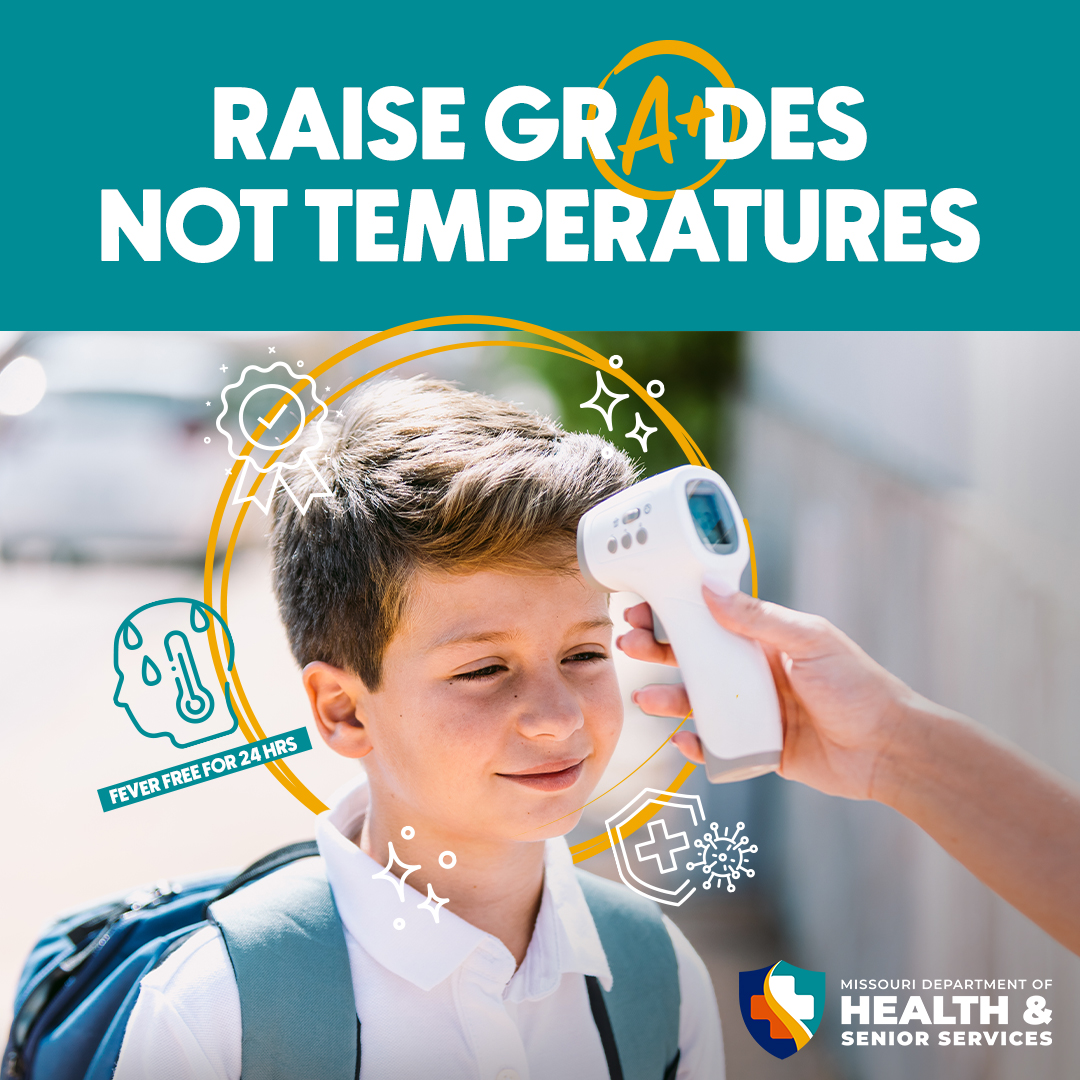 |
You Can Make the Grade Know what to Look For Help protect our schools from respiratory illnesses like COVID-19 and the flu with our toolkit |
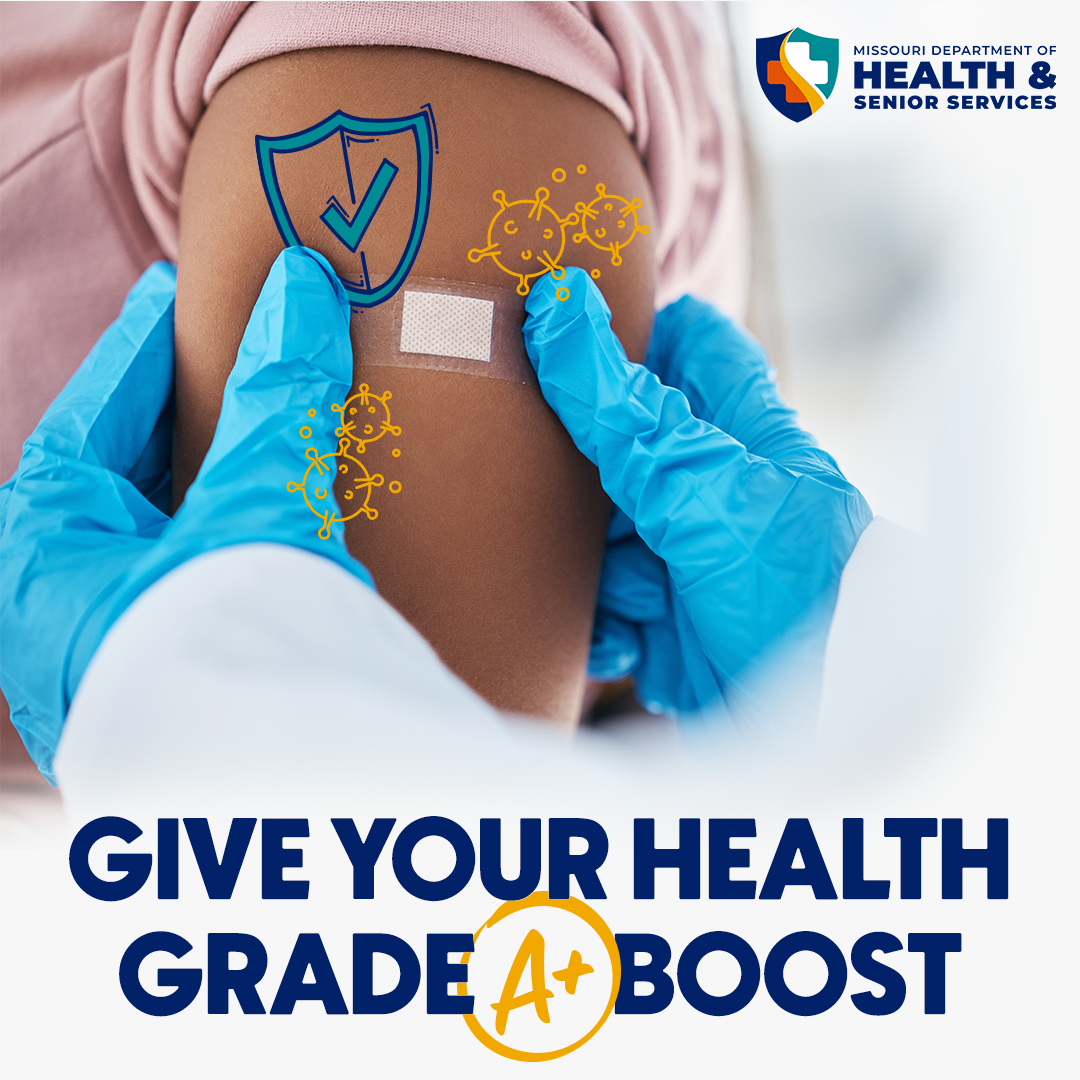 |
|
Help Reduce the Spread of Respiratory Illnesses at Your School
|
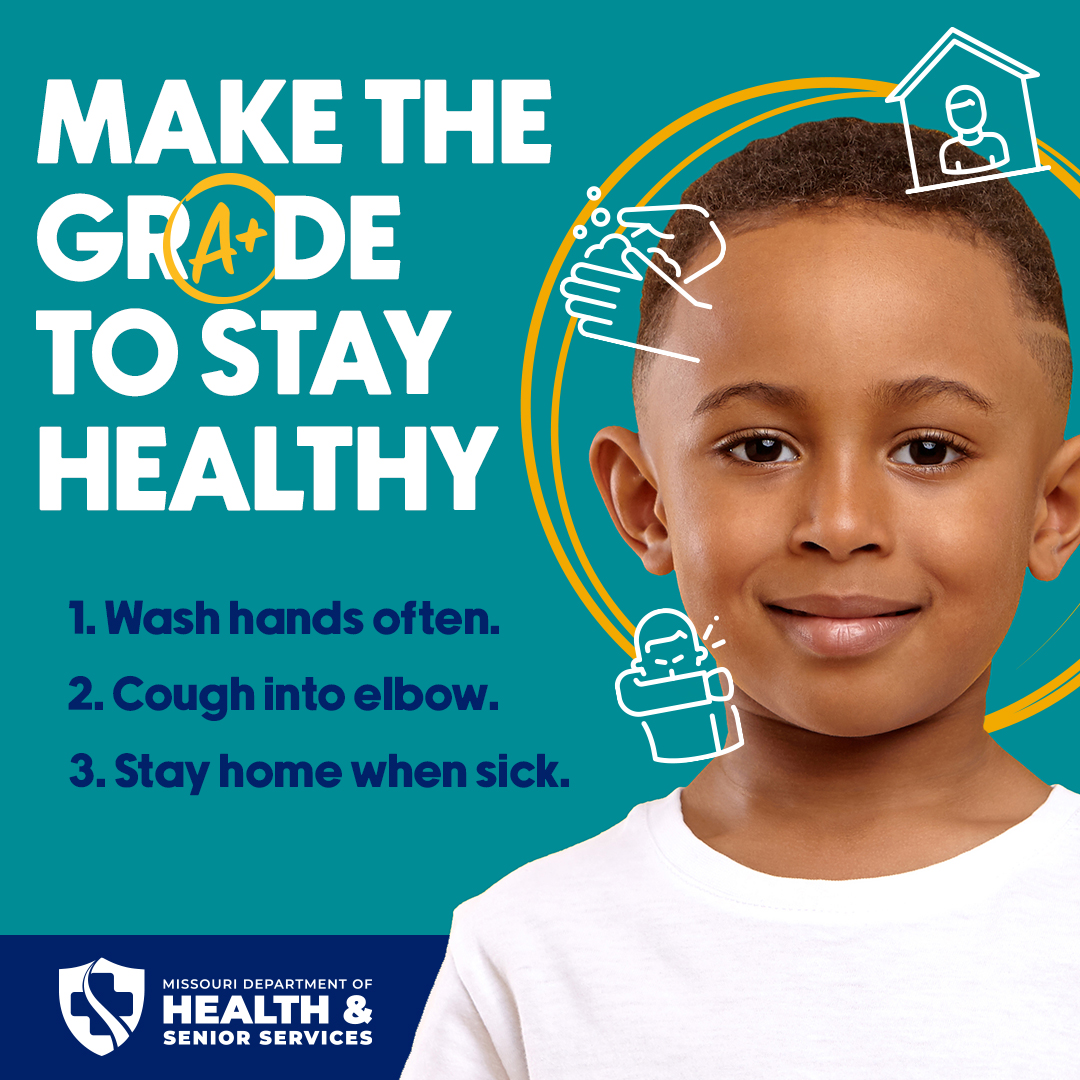 |
|
Sneeze Smarter to Make the Grade
|
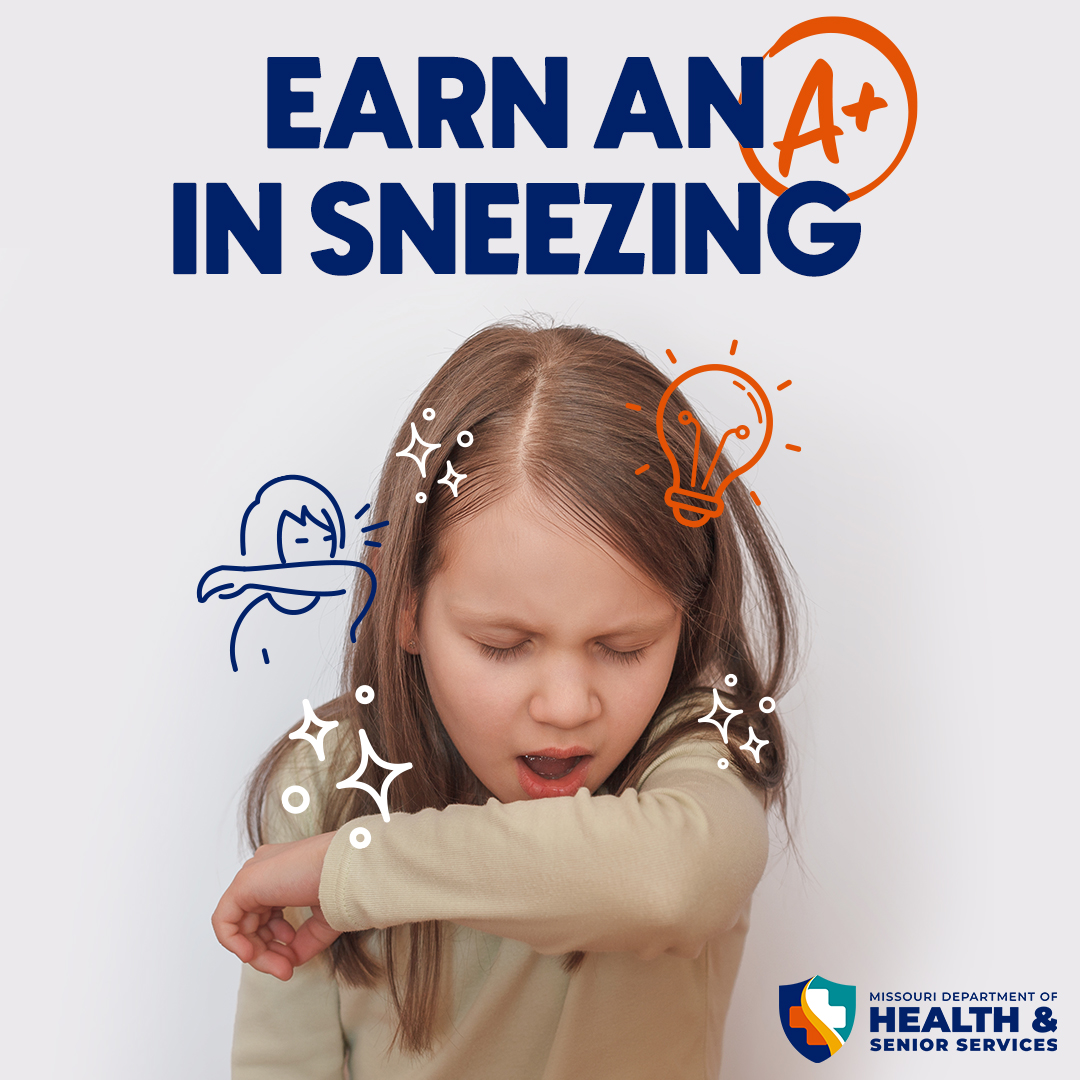 |
|
Get an A+ In Hand Washing Washing your hands with soap and water for at least 20 seconds is a great way to reduce the spread of germs. Learn more tips to Make The Grade. |
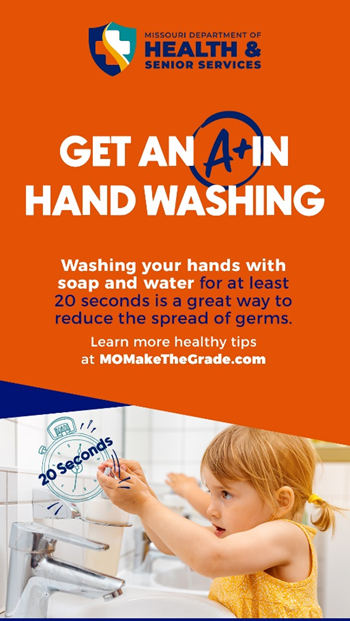 |
|
You Can Make the Grade Help protect our schools from respiratory illnesses like COVID-19 and the flu with our toolkit |
 |
|
Respiratory Illnesses are Testing Our Students Know what it takes to Make the Grade and make our schools a healthier place for students and staff. |
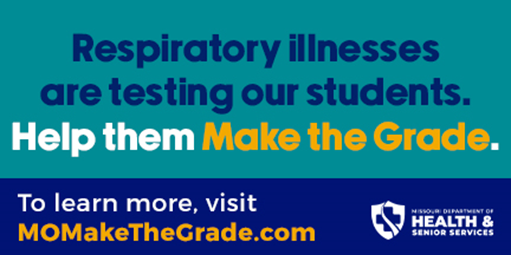 |
|
| Carousel 2 | Get an A+ In Hand Washing Washing your hands with soap and water for at least 20 seconds is a great way to reduce the spread of germs. Learn more healthy tips at Make the Grade A+ |
 |
Help Reduce the Spread of Respiratory Illnesses at Your School
|
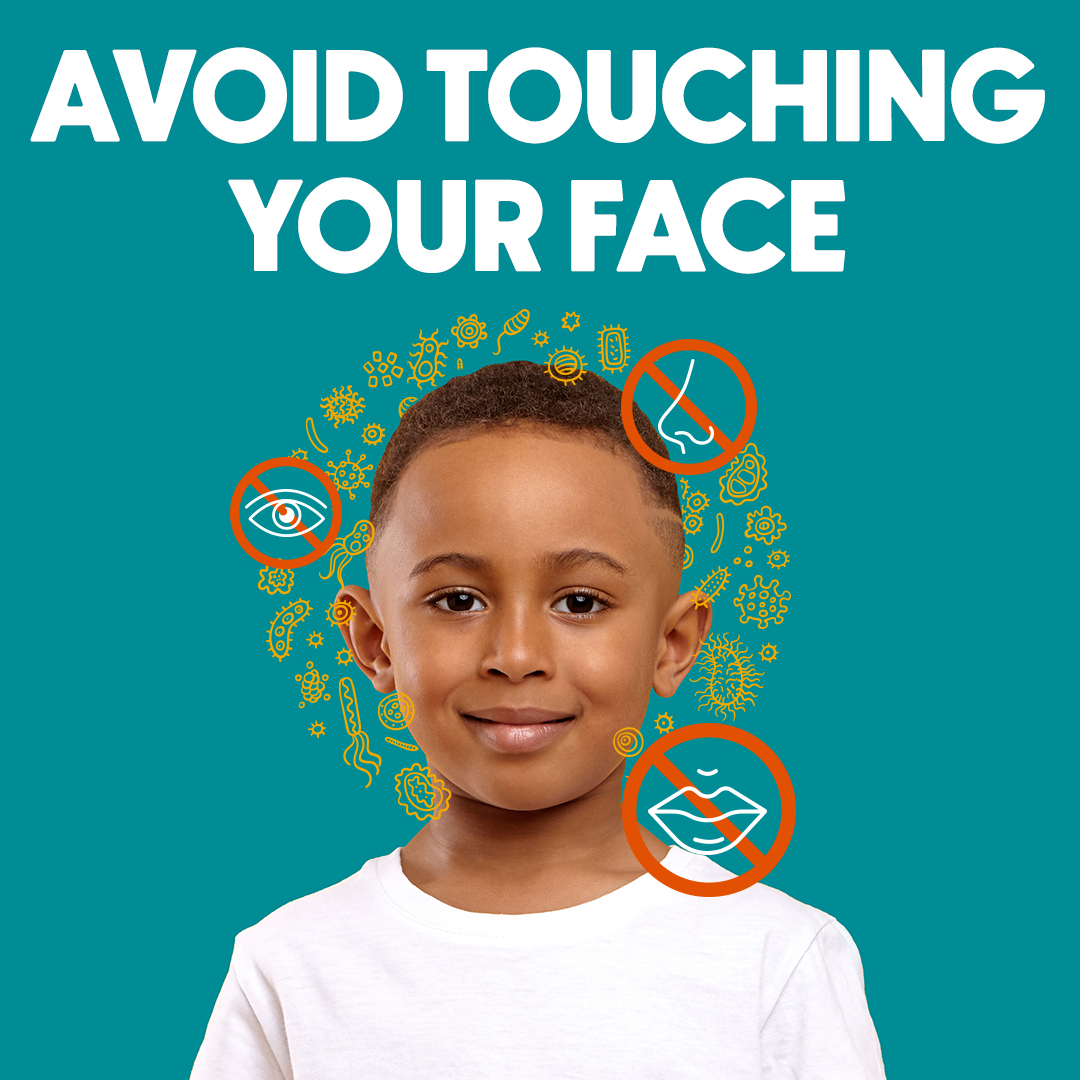 |
|
Know what it takes to Make the Grade and prevent respiratory illness To learn more, visit Make the Grade A+ |
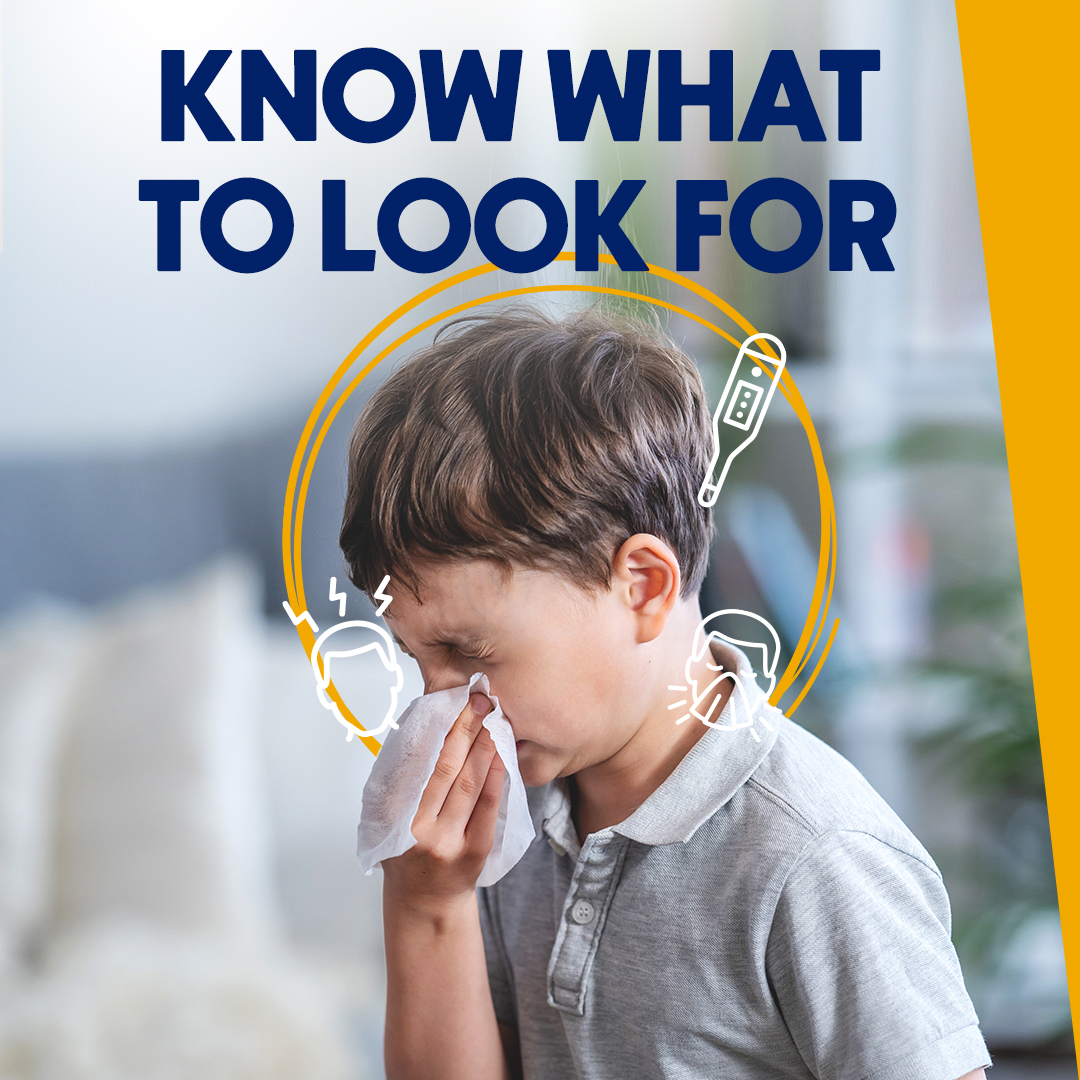 |
|
Cough and Sneeze Smarter to Make the Grade Step 1: Move away from others To learn more, visit Make the Grade A+ |
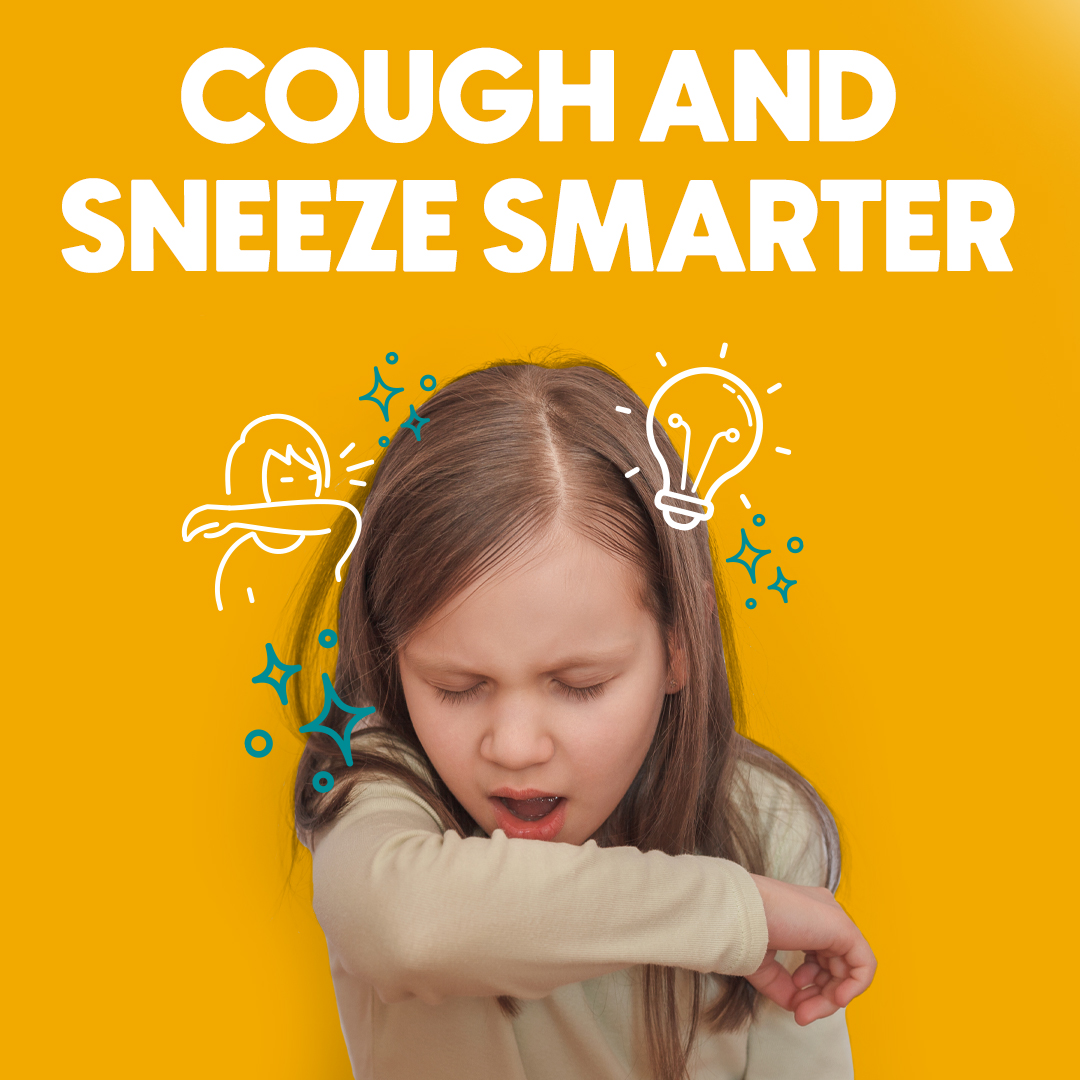 |
|
Respiratory Illnesses are Testing Our Students Know what it takes to Make the Grade and make our schools a healthier place for students and staff.
|
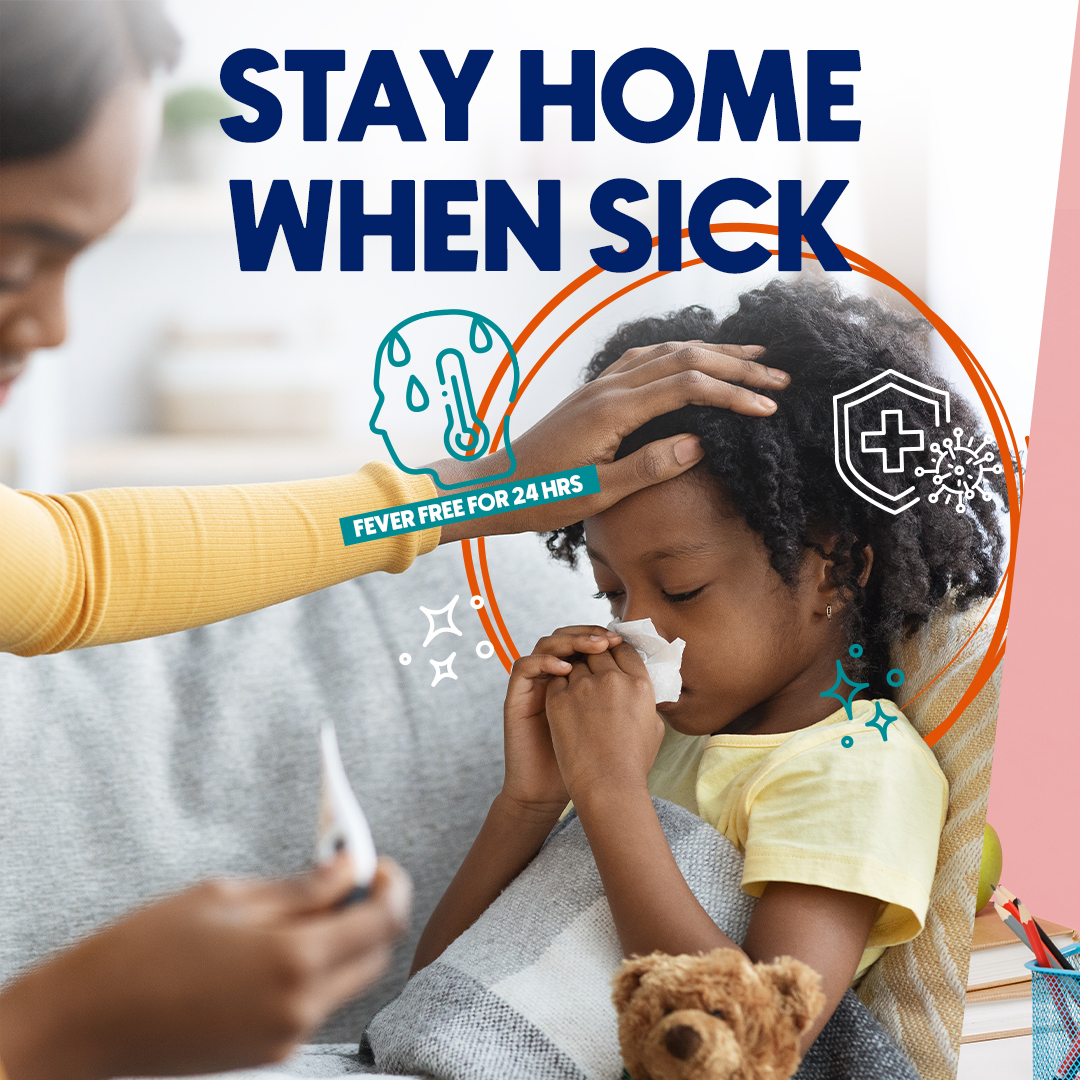 |
|
Respiratory Illnesses are Testing Our Students Know what it takes to Make the Grade and make our schools a healthier place for students and staff. |
 |
|
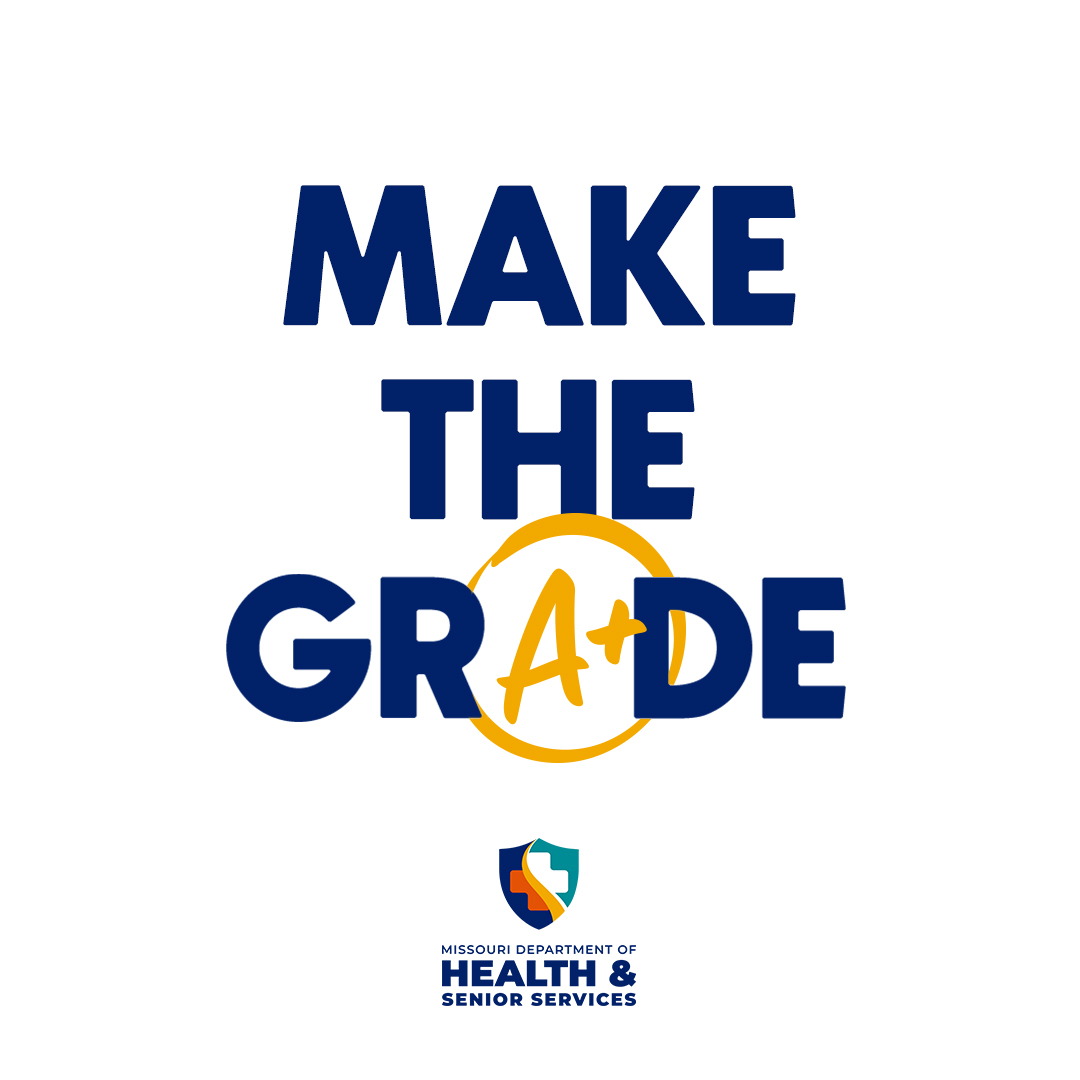 |
||
| Carousel 3 | Respiratory Illnesses are Testing Our Students Know what it takes to Make the Grade and make our schools a healthier place for students and staff. |
 |
Square Video
Static
- Make the Grade to Stay Healthy, 1080 x 1080
- Earn an A+ in Sneezing, 1080 x 1080
- Pass the Handwashing Test, 1080 x 1080
- Raise Grades Not Temperatures, 1080 x 1080
- Give Your Health Grade a Boost, 1080 x 1080
- Help All Our Students Make the Grade, 1080 x 1080
Vertical Video
Window/Mirror Static Clings
- Get an A+ in Handwashing
- You Can Make the Grade
- Window Cling 1 and 2 [PDF]
School Nurse Videos
Horizontal
Vertical
Medication Administration
- Medication Administration Training PowerPoint (MO DHSS)
- Medication Manual with training for unlicensed personnel (MO DHSS)
- MedlinePlus
Consumer health resource produced by the National Library of Medicine written at a consumer level and available in Spanish and over 40 other languages, and includes information about both prescription drugs and over-the-counter medications, including side effects, dosage information, special precautions and more. The "Herbs and Supplements" section is one of the few sources of evidence-based information on these substances. - NIH DailyMed
Mental Health
- CDC Autism information
- CDC information on ADHD
- Drugs of Abuse (NASN Resources)
- Mental Health Awareness Model Curriculum (DESE)
- Missouri Autism Guidelines Initiative
- Missouri Department of Mental Health
- MO DHSS Naloxone Administration Handout
- MO DHSS Naloxone Toolkit
- SAMHSA 2022 National Survey on Drug Use and Health (NSDUH) Releases
- Stop Medicine Abuse
- Substance Abuse and Mental Health Services Administration (SAMHSA)
- Suicide & Crisis Lifeline – 988
- Suicide Prevention Resource Center
- Trauma-Informed School Health Office
Screening Guidelines and Resources
- Hearing Screening Guidelines
- Hearing Screening Preparation for Kids (a video for students to know what to expect before a hearing screening)
- Hearing Screening Preparation for Kids in Spanish (a video for students to know what to expect before a hearing screening)
- Vision Screening Guidelines
- Vision Screening Preparation for Kids (a video for students to know what to expect during a vision screening)
- Vision Screening Preparation for Kids in Spanish (a video for students to know what to expect during a vision screening)
- Vision Fact Sheets - National Center for Blind Prevention
Seizures
- CDC Healthy Schools: Epilepsy
- Epilepsy Foundation: Schools and Seizure Preparedness
- How to administer Diastat (rectal Diazepam)
- How to administer Nayzilam (Midazolam nasal spray)
- How to administer Valtoco (Diazepam nasal spray)
- Legal Rights of Children with Epilepsy in School and Childcare: An Advocate's Manual
- Seizure First Aid and Recognition
- Seizure First Aid Training for School Personnel (requirement for Will's law)
- Seizure Rescue Therapies

